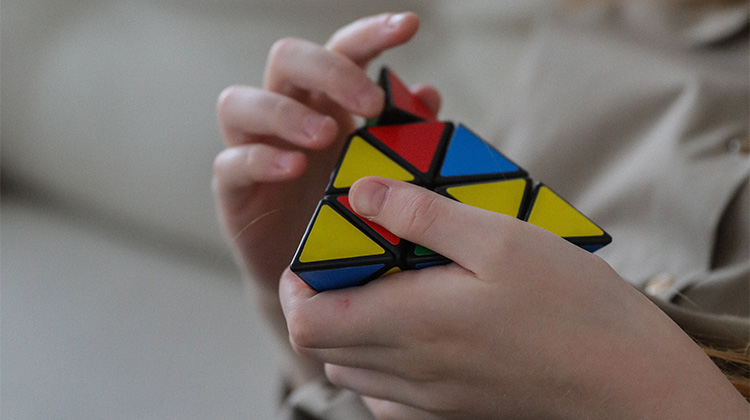Problem solving helps maths enjoyment

The challenge of problem solving and introducing real world connections help students to enjoy maths and develop an interest in the subject.
A study led by Dr James Russo of Monash University looked at how primary school students felt about learning mathematics through problem solving and found an overwhelmingly positive response.
Three-quarters of the 52 students in the study enjoyed learning mathematics through problem solving, while around one-fifth of students were ambivalent. The sample, from Year 3/4 and Year 5/6, attended a school in Melbourne, and participated in the study via a questionnaire. The study was a research-practice collaboration with educational consultant Michael Minas, a former numeracy leader at the school.
“I think that perhaps we sometimes fall into the trope of expecting that students just don’t like maths,” says Mr Minas. “This research demonstrates that that is not the case.”
Students said they liked learning mathematics through problem solving because it was challenging.
“I love it! It is so hard (in a good way) fun and interesting. I also love it because it is always true! Sometimes it's funny. Super duper fantastic,” one Year 3/4 student said.
Students also enjoyed working on problems with connections to real-world scenarios.
“It makes it a bit more fun and a bit more easy to understand,” another student said.
Students also enjoyed the freedom to collaborate with their classmates, particularly the older students.
But 11 out of the 52 students were ambivalent about problem solving; like the majority of students in the study, they found problem solving challenging, but did not feel as positively about it.
“I'm not very good with problem solving so I find them a bit tricky. I get a little bit stressed about it – that I'm not going to work it out,” a Year 5/6 student said.
The Year 3/4 group expressed more positive attitudes about problem solving than the Year 5/6 group (88 per cent vs 62 per cent), and older students were more likely to be ambivalent than younger ones (35 per cent vs 8 per cent). Boys were more likely to hold positive attitudes and girls more likely to be ambivalent.
“No students in our study reported wholly negative feelings towards learning maths through challenging, problem solving tasks. Although we need to repeat the findings in larger and more diverse contexts, our study results suggest that it’s relatively unusual for primary-aged students to feel negatively towards problem solving,” said Dr Russo.
From: Russo, J., & Minas, M. (2020). Student Attitudes Towards Learning Mathematics Through Challenging, Problem Solving Tasks: “It’s so Hard–in a Good Way”. International Electronic Journal of Elementary Education, 13(2), 215-225. http://doi.org/10.26822/iejee.2021.185
Photo by Gabby K from Pexels